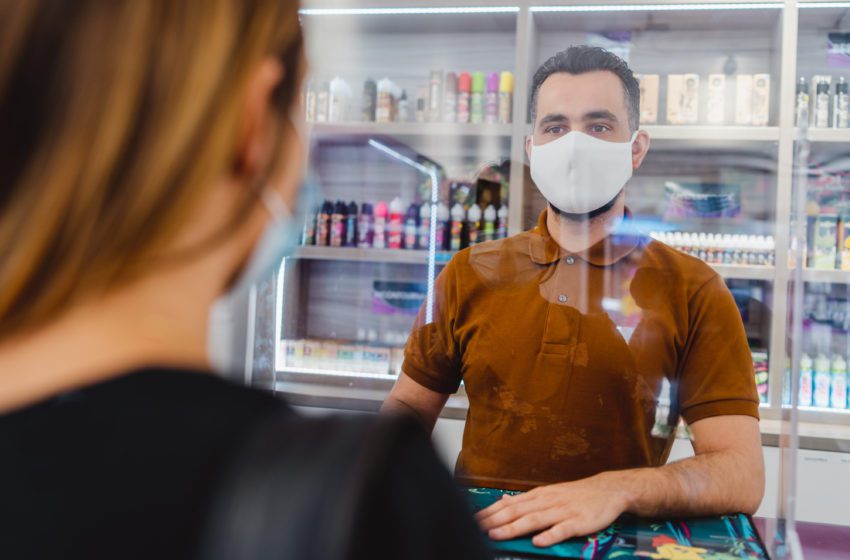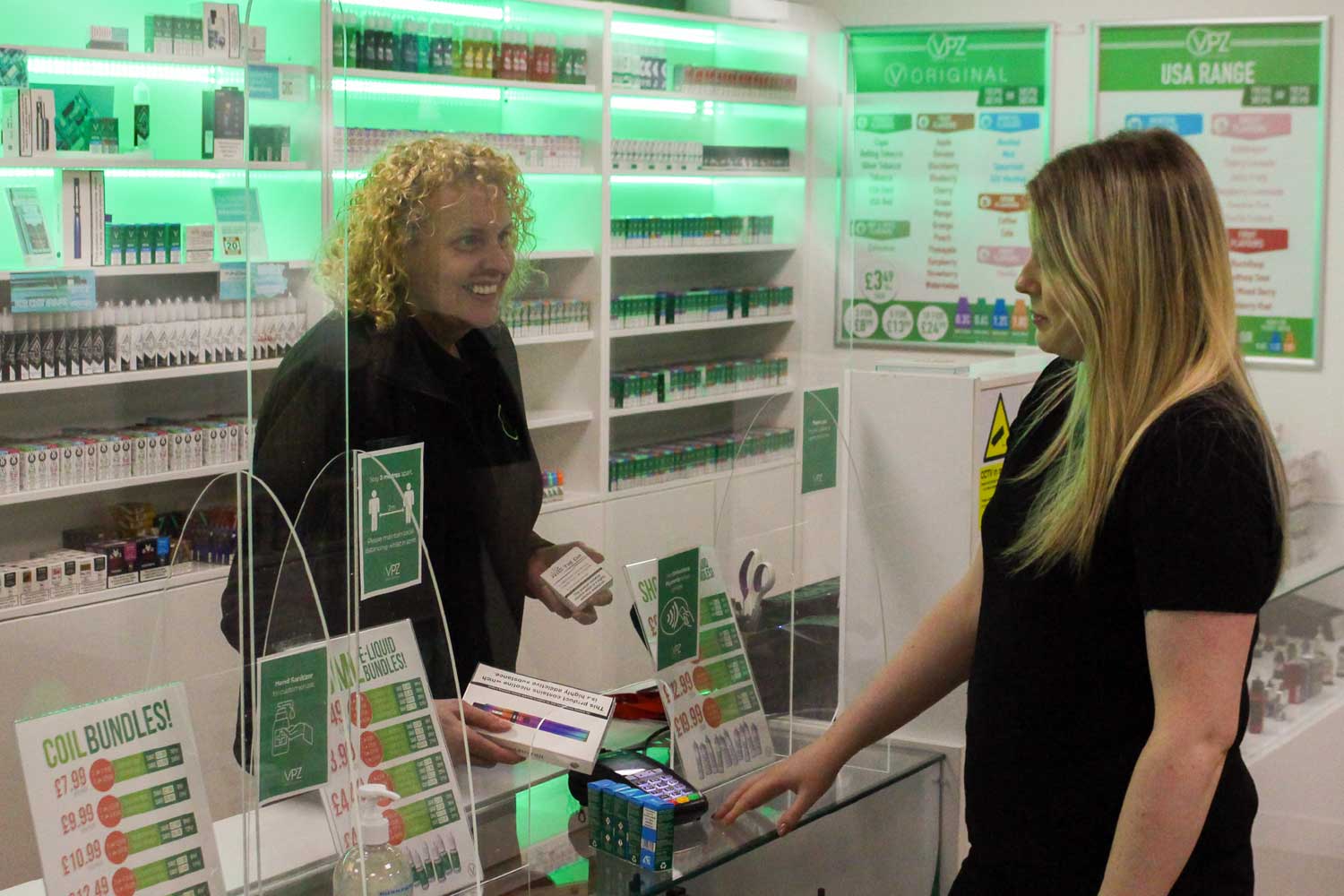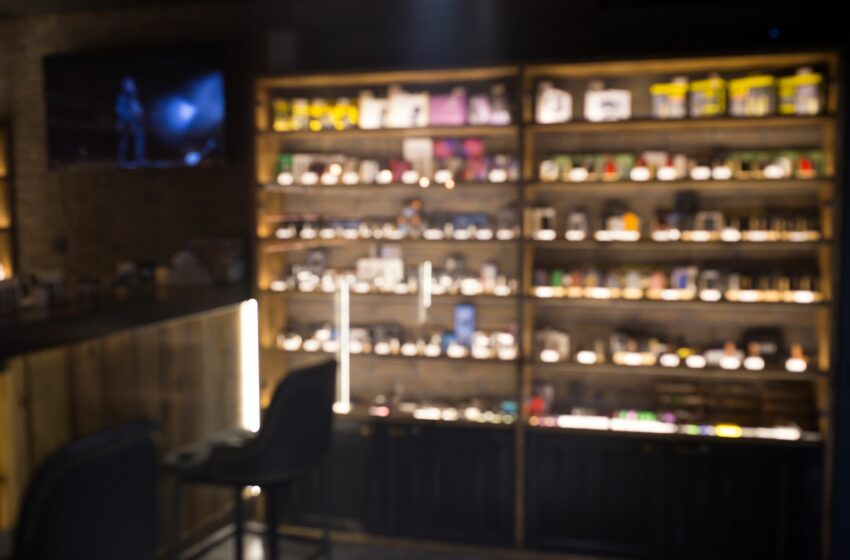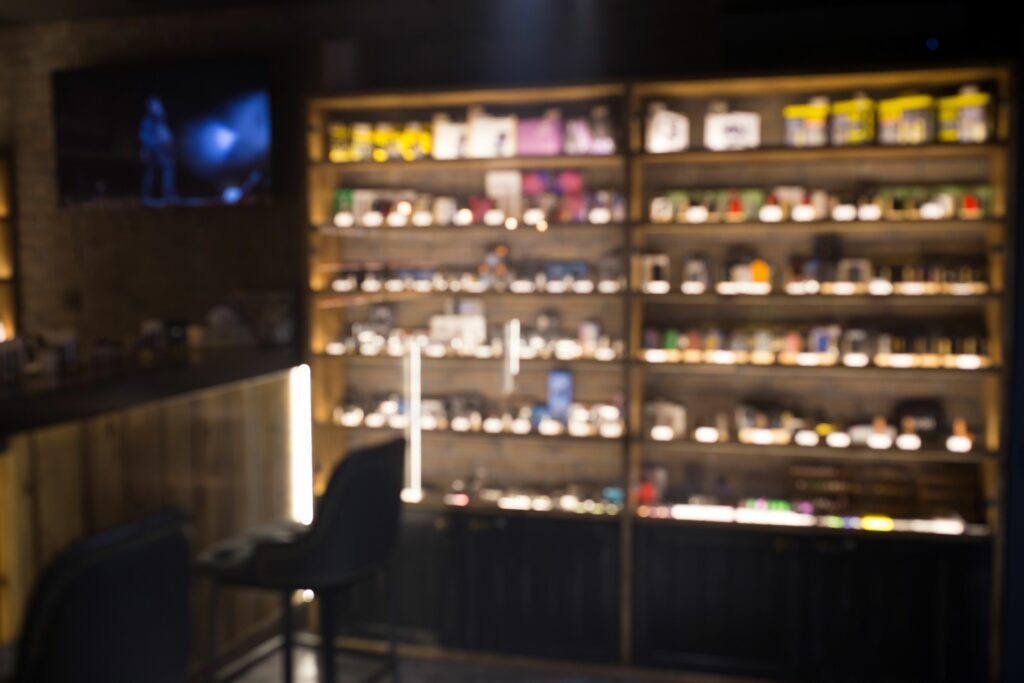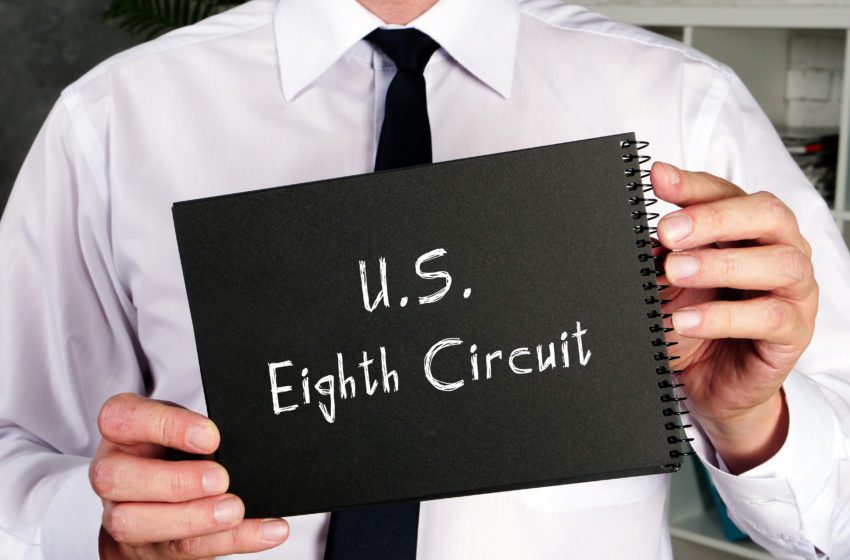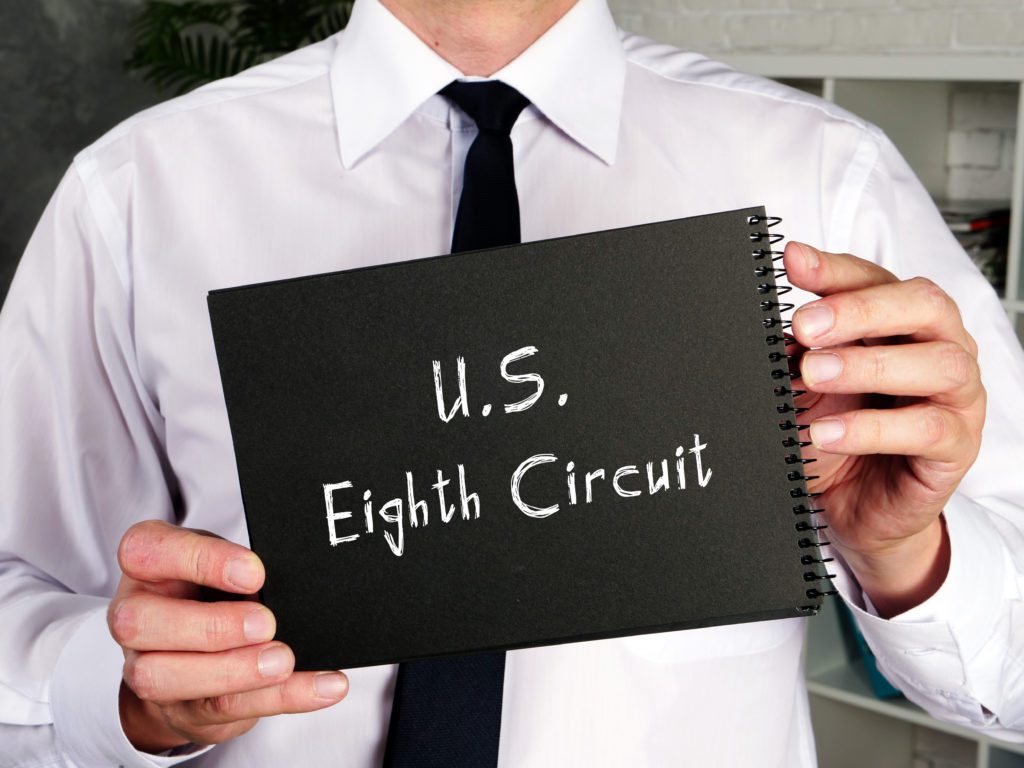
Legislation to clear Florida shelves of all but 23 vaping products — including all flavors but tobacco — is advancing despite complaints from retailers that it will crush the industry and send consumers back to cigarettes.
The bill (SB 1006) would limit sales in Florida only to vape products approved by the U.S. Food and Drug Administration (FDA), all of which are made and sold by major tobacco companies. Scores of other products now sold throughout the state would, in turn, be banned.
More than a dozen Floridians in the vape industry spoke out against the bill before the Senate Appropriations Committee on Agriculture, Environment and General Government unanimously approved it, according to media reports.
However, according to Sen. Keith Perry, the measure’s sponsor, the limits are necessary to protect children and consumers from unsafe products and counteract a $363 million illegal vape market.
If approved, SB 1006 would create a directory under DBPR for manufacturers of nicotine dispensing devices, e-cigarettes, and vape cartridges to register the products they sell that have received FDA approval. DBPR would then publish that list online for retailers and wholesalers to review and ensure they comply.
The bill would also require wholesalers to receive a permit to do business in Florida and prohibit manufacturers from destroying certain records, including information identifying their customers, for three years.
Companies or people that provide false information to DBPR would face third-degree felony charges, punishable by up to five years in prison and $5,000 in fines. Manufacturers that knowingly ship or receive unapproved or unregistered vape and e-cig products would face up to $1,000 in fines per violation.
Any person who knowingly ships or receives unapproved or unregistered products would face a second-degree misdemeanor charge, punishable by up to $500 in fines and 60 days in jail.
DBPR estimates it will cost an additional $562,500 to cover nine new positions and create an online system necessary to facilitate and enforce the proposed law, a Senate staff analysis of the bill said.
Nick Orlando, a shop owner in Clearwater and President of the Florida Smoke-Free Association, said the bill would have a staggering impact on the growing industry here while doing nothing to improve public health.
He recommended that lawmakers toss the measure and instead draft another that will allow the market to thrive while still boosting safety. Such a bill, he said, should include the creation of a registry under DBPR that uses a federal list of manufacturers, create a permitting fee to fund enforcement, and limit the sale of vape products to 21-and-over specialty stores.
“This addresses the registry, youth access, and enforcement,” he said. “I believe Florida can do better.”
SB 1006 will next go to the Senate Fiscal Policy Committee, after which it could receive a floor vote. A similar House companion (HB 1007) by Rep. Toby Overdorf also pends one more committee hearing before being eligible for a full vote by the chamber.






